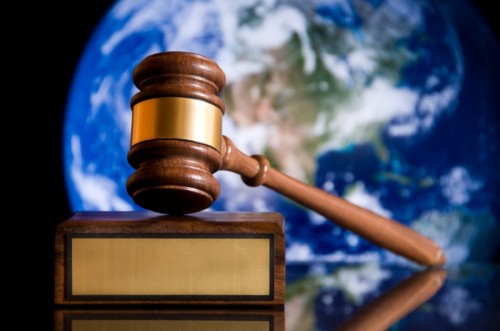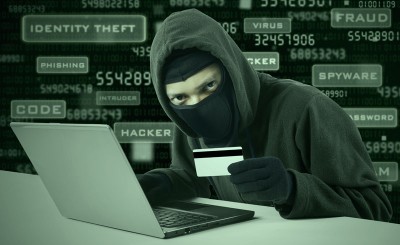
Virtual Private Network or VPN is a service that has been increasingly spreading recently and their main purpose is keeping the internet activities of their users private and secure by applying an extra layer of encryption to their connection. The second purpose was to bypass any online restrictions whether they are geo-restrictions (for example, streaming websites that are only accessible in certain countries) or local online restrictions (banned by the government). This bypassing simply takes place through connecting to one of the many servers owned or operated by the VPNs outside of the country or in the desired country that you need to access.
This process might sound a bit shady to some users to an extent of asking if VPNs are actually legal or not. Well, when it comes to legality of VPNs, it is considered a very grey area as it depends on 4 major points:
How are VPNs being Used?

Anything in the world can be used for or against humanity. For example, a car can be used to steal a bank and the same car can be used to save a life. In this area, VPNs are treated in the same manner. In other words, if VPNs are used to perform illegal activities, then in this case the use of them would be considered illegal. This applies anywhere in the world. These Illegal activities include child pornography, theft, fraud, sending viruses, and all types of cybercrimes.
On the other hand, if the VPN is used just for the sake of protecting online privacy and security, in this case it comes down to how the country you are in deals with it. This moves us to our second point.
Where are VPNs being Used?
The legality of VPNs differs from one nation or government to another as some nations treat it as a type of online freedom and so it does not prevent it except in the case of using it to conduct illegal online activities. These countries include the US and most European nations. Some countries have clearly illegalized the use of VPNs such as Saudi Arabia, UAE, and Iran. In this case the use of a VPN while staying in these countries would be considered clearly illegal. These countries have clearly illegalized the use of VPNs for any reason what so ever, even if it is for a good cause or just for the sake of personal privacy. Other countries, like Russia, have not illegalized VPNs, yet are placing extreme restrictions on using them. Recently Russia drafted a bill that, if turned into a law, would force VPNs to prevent bypassing of banned websites by the government. This doesn’t clearly say that VPNs are illegal but, if you think about it, the government is trying to take away one of the core purposes of a VPN which is the bypassing of blocked content. This is not illegalizing VPNs, but it’s exactly like allowing cars to be sold but not driven in the country, so you can just subscribe to the VPN but not use it. In other words, it would have been easier to just ban them all together.
Using VPNs to Bypass Geo-Restrictions
Another very important point worth focusing on is; what about bypassing geo-restrictions (for example, accessing Netflix US from outside the US)? In this case we cannot say that it is right to do so as it violates the terms and conditions of the company, yet still it does not violate any legal laws or does not lead to legal questioning. This is of course is in the case of a paid subscription to the service. In the case of bypassing the subscription part one way or another, then it falls into the illegal side of the picture and is considered clear online theft.
Other Legitimate Uses for VPNs
Many small and large companies around the world acquire VPNs to protect the confidentiality of their information. Also many schools and universities use VPNs exclusively to keep the information within their own intranet. The use of VPNs, in these cases, is considered critical and cannot be prevented, and for that same reason VPNs are completely legal in the majority of countries around the world.
Conclusion
VPNs are legal except in 2 situations; using a VPN to perform illegal activities and if the country you are living in clearly illegalized the use of VPNs. Other than those 2 points, VPNs are perfectly legal and serve a very important purpose in our online lives, which are they protect our online privacy, security, and freedom. They also have become extremely relied on by most corporations, educational institutions, health institutions, and countless other entities all over the world. It all comes down to how people use it that will place it within the legal or the illegal scope.


